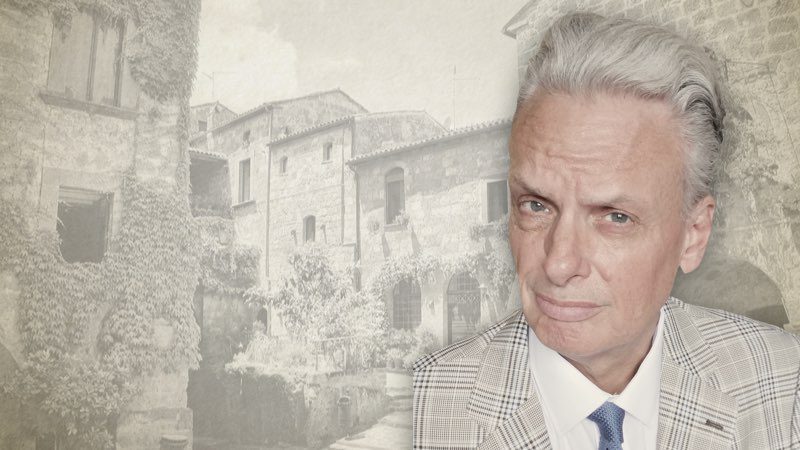-
202 Independents
INDEPENDENTS A sect of Protestants, so called from their maintaining that each congregation of Christians which meet in one house for public worship is a complete church; has sufficient power to act and perform every thing relating to religious government within itself; and is in no respect subject or accountable to other churches. Though the Episcopalians contend that there is not a shadow of the independent discipline to be found either in the Bible or the primitive church, the Independents, on the contrary, believe that it is most clearly to be deduced from the practice of the apostles in planting the first churches. The Independents, however, were not distinguished as a body till the time of queen Elizabeth. The hierarchy established by that princess in…
-
Closed Communion
What is a Strict Baptist? These articles are about the historically, and more importantly, scripturally authentic church practice known as Closed Communion. The practice is also known as ‘Restricted Communion’, and it is from the word ‘restricted’ that ‘Strict Baptist’ churches take their title. Although the casual or unsaved visitor to a Strict Baptist church may indeed find the congregation rather stern, dull or strange at first meeting, the designation ‘strict’ has nothing to do with any such behaviour or dress code which might exist in such a church. Rather, it refers specifically and solely to the scripturally prescribed practice of restricting participation in the communion service to a specifically limited subset of the population. Neither does ‘Strict Baptist’ refer to a denomination, as does,…
-
201 Nonconformists
NONCONFORMISTS Those who refuse to join the established church. Nonconformists in England may be considered of three sorts. 1. Such as absent themselves from divine worship in the established church through total irreligion, and attend the service of no other persuasion.--2. Such as absent themselves on the plea of conscience; as Presbyterians, Independents, Baptists, &c.--3. Internal Nonconformists, or unprincipled clergymen, who applaud and propagate doctrines quite inconsistent with several of those articles they promised on oath to defend. The word is generally used in reference to those ministers who were ejected from their livings by the act of Uniformity, in 1662. The number of these was about two thousand. However some affect to treat these men with indifference, and suppose that their consciences were more…
-
200 Anglo-Calvinists
ANGLO-CALVINISTS A name given by some writers to the members of the church of England, as agreeing with the other Calvinists in most points, excepting church government.
-
199 Church Of England
CHURCH OF ENGLAND Is the church established by law in this kingdom. When and by whom Christianity was first introduced into Britain cannot perhaps be exactly ascertained. Eusebius, indeed, positively declares that it was by the apostles and their disciples. It is also said that numbers of persons professed the Christian faith here about the year 150; and according to Usher, there was in the year 182 a school of learning, to provide the British churches with proper teachers. Popery, however, was established in England by Austin the monk; and the errors of it we find every where prevalent, until Wichliffe was raised up by Divine Providence to refute them. The church of England remained in subjection to the pope until the time of Henry VIIi.…
-
198 Huguenots
HUGUENOTS An appellation given by way of contempt to the reformed or protestant Calvinists of France. the name had its rise in 1560, but authors are not agreed as to the origin and occasion thereof. Some derive it from the following circumstance:--One of the gates of the city of Tours is called the gate of Fourgon, by corruption from feu Heugon, i. e. the late Hugon. This Hugon was once count of Tours, according to Eginhardus in his life of Charles the Great, and to some other historians. He was, it seems, a very wicked man, who by his fierce and cruel temper made himself dreadful, so that after his death he was supposed to walk about in the night time, beating all those he…



